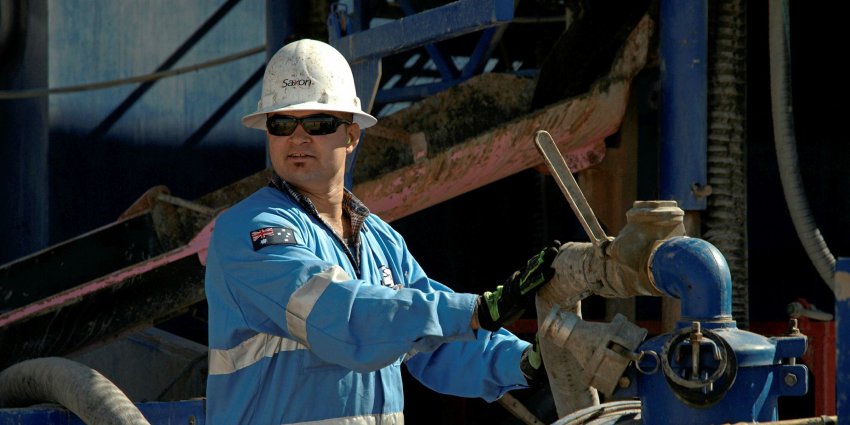
Attorney-General Christian Porter has made it easier for employers to take advantage of the economic crisis brought on by COVID-19 and protect profits at the expense of workers’ rights and conditions.
On April 18, Porter announced the federal government had approved new regulations to the Fair Work Act (FWA) that allow employers to reduce the time period they are mandated to provide before changing enterprise agreements (EA).
Enterprise agreements are statutory agreements, enforceable under law, designed to ensure that employers cannot worsen conditions for workers.
However, the FWA makes it possible to vary an EA and change its provisions prior to it expiring and being renegotiated.
There are legitimate reasons to vary an EA that can be in the interests of workers.
However, shortening the access period around a variation will make it easier for employers to drive through adverse changes that strip conditions.
A major problem is that, under the FWA, employers can try to force through variations and put the EA to workers in spite of the union’s objections.
Vote “no” campaigns are very difficult to organise and run in large workplaces, even in the best of circumstances with a seven day notice period in a bargaining campaign.
If an employer is able to advocate a variation with just one day’s notice, it will be very difficult for a union to win a “no” vote.
It will be made even more difficult as companies use the threat of stand-downs without enforced leave — possible under the FWA — over workers’ heads.
The Labor opposition and the Australian Greens will seek to reverse the government’s changes to the regulation. To be successful, however, the motion will require an absolute majority of 50%+1 in the Senate, meaning they will have to gain the Centre Alliance and One Nation's support. The earliest the motion can be put is May. In the meantime, the changes are in effect.
There is always a need for workers to be able to discuss the circumstances and contents of any EA variations. Companies that cannot pay workers fair wages and provide decent conditions should not be in business.
In the context of the COVID-19 generated mass unemployment, having a job is a primary concern for many people. The challenge is to chart a path between workers being adequately paid and companies collapsing.
The best way would be via a larger universal wage subsidy from the government. In its absence, however, EA variations may be necessary.
However, they must occur within a framework that protects the rights of workers during and after the coronavirus crisis, including that:
• Workers and their unions have absolute veto over any variation;
• No discussion of variations be undertaken without workers and their unions scrutinising the company’s books;
• Any variation be predicated on senior management having its pay reduced by 40%, or capped at five times the full-time ordinary pay of the lowest-paid employee (whichever is lower);
• All executive bonuses and share dividends be banned for three years after the end of any variation;
• Stand-downs without pay, or job cuts be guaranteed against;
• Any profits be distributed to workers to cover any reduction in conditions as a consequence of the variation;
• Any variation have a sunset clause; and
• If the variation has not expired prior to negotiations for a new EA beginning, the starting point for new negotiations be the original unvaried EA.
[Lisbeth Latham is a union activist and trans feminist writer. She blogs at Revitalising Labour and is a contributing writer with Irish Broad Left.]